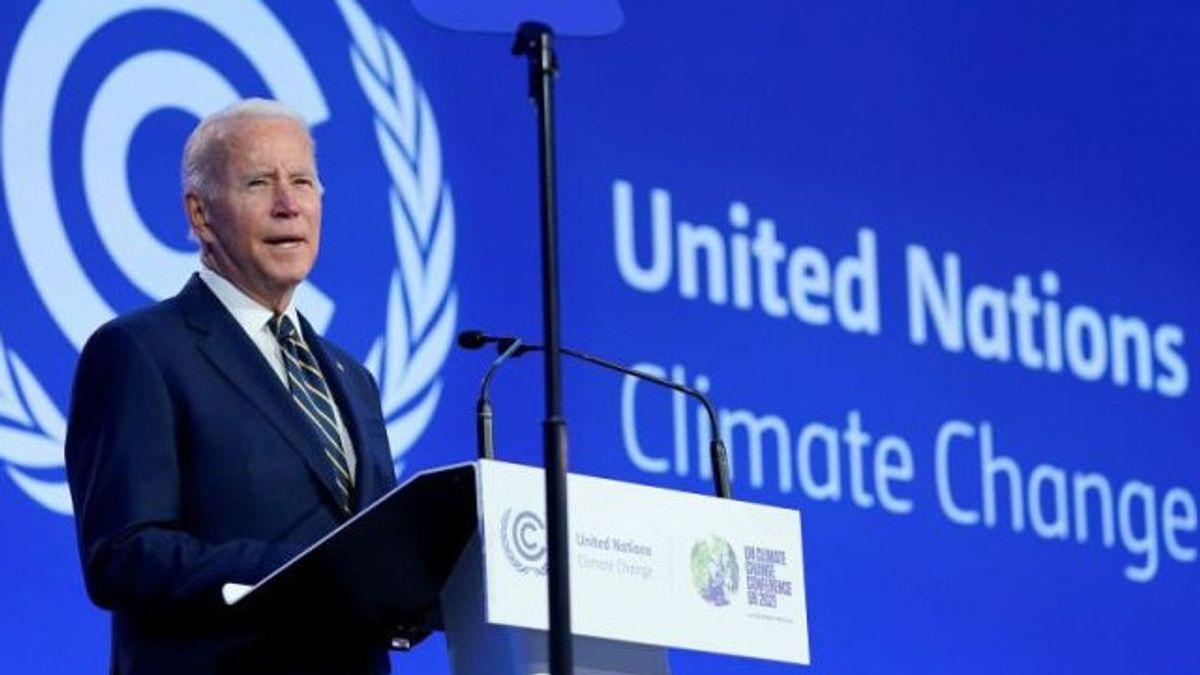Limits of frustration and certain leaderships
9 Noviembre - 2021
Toni Aira
Director of the Master in Political and Institutional Communication
Director of the Agbar Chair of International Studies in Institutional Communication, for Sustainable Development and Growth
–
Do you remember a TV show entitled “I have a question for you, Mr President”? The concept had already been successfully tested in other countries and consisted of simulating the prime minister going down the street being held accountable by citizens. After the prime minister, and following the good ratings, other political leaders would also take part.
All the leaders went onto the show with great caution, wanting to project the image of politicians who were not afraid to submit to examination by their electorate, even though they were aware of the risks involved in a live show with a barrage of questions. At any moment, a surprise could be unleashed and a bad answer on the price of coffee could embarrass the politician in question. That is precisely what happened to José Luis Rodríguez Zapatero: he pretended to be friendly, but when he said that a coffee cost eighty cents, he sounded like a Martian.
The world leaders deployed in Glasgow for COP26 had to scrutinise the most precious and, at the same time, most fragile thing a politician has: credibility
Something similar happened to the world leaders deployed in Glasgow in autumn 2021 for the United Nations Climate Change Conference (COP26). The big difference was that they could not spare themselves that date in the face of world public opinion. But clearly, they are linked to that televised experience by the risk to which they subjected the most precious and, at the same time, most fragile thing a politician has: credibility.
Managing expectations
In the hyper-accelerated times we live in, in an era of “turbo-politics”, the contrast between what leaders promise and what they do is more immediate. If it exists, the deception, the simulation, the posturing is seen first. If we add to this a politics that, in order to make an impact on the dispersed attention of the citizenry, must raise the decibels of its promises, we see one of the main causes of political disaffection in our times portrayed before summits such as the one in Glasgow. Too many citizens are quickly, constantly, and exaggeratedly frustrated.
This is what leads to the generation of exorbitant expectations that are soon and flagrantly frustrated. And this is where credibility plummets, when leadership lacks coherence. That is, the correspondence between what you say you do and what you actually do. The diaphanous correlation between what you say you are and what people can verify that you are.
The social and media ecosystem is entertained by the most eyecatching things, such as the arrival of the US president at a climate summit in a convoy of polluting cars
The rules of the game are tough, but the politicians who have risen to the top, in theory, know how to move in this swampy territory. Do we live in a social and media ecosystem that turns the anecdote into a category and entertains itself with what is most eye-catching? Undoubtedly. This applies to a leader who pretends to be approachable but does not know what a coffee costs. It works for a US president who takes on important commitments and makes forceful speeches against climate change where his predecessors would never have gone, but who at the same time falls asleep when other attendees speak in a summit on climate change or who arrives in a convoy of polluting cars that ends up being the news.
Speech and action, aligned with care of the planet
Joe Biden is a clear example of the risks that political leaderships of today run by not sufficiently adjusting their promises and actions at all levels. He has had the largest and fastest decline in popularity of any president in his country. So great was the expectation generated by the change that the simple replacement of Donald Trump as the head of the Oval Office would entail, that the blow has been a scandal. The internal divisions within the Democrats, the costly day-to-day management of the post-pandemic period and, above all, the limits of the institutional and political leadership of a president who came to office more on the demerits of his adversary than on his own merits.
Reward leadership that is prepared to take the action that Earth’s sustainability demands or punish electorally those who do not: both scenarios are positive for the planet
But not all world leaders are Biden, nor are they irretrievably destined to fail in governance in general and climate governance in particular. COP26, apart from the necessary returns it should bring in the fight against climate change, may also have become a good marker of the limits of frustration to which world leaders can continue to subject their citizens with respect to this great challenge. It may have served both to do this and, at the same time, to show even more clearly the limits of certain political leaderships. And from there, to possibly help produce some reaction, of course.
Neither Russia, China, nor Turkey were represented at the highest level at COP26. This did not show their political leaderships, their countries, and their societies in a good light (Putin would later repeat this mistake again with Ukraine, albeit at a different level). Those who did play the game with their leaders at the forefront deserve, at the very least, that their rulers accompany photos and speeches with coherent and aligned action. Either that or, if not, they should be punished electorally and other leaders who are prepared to take the action that the sustainability of the Earth demands should be rewarded. Both scenarios could have a positive impact on the global climate and on the atmosphere that accompanies an overly polluted relationship between citizens and politics around the world.

